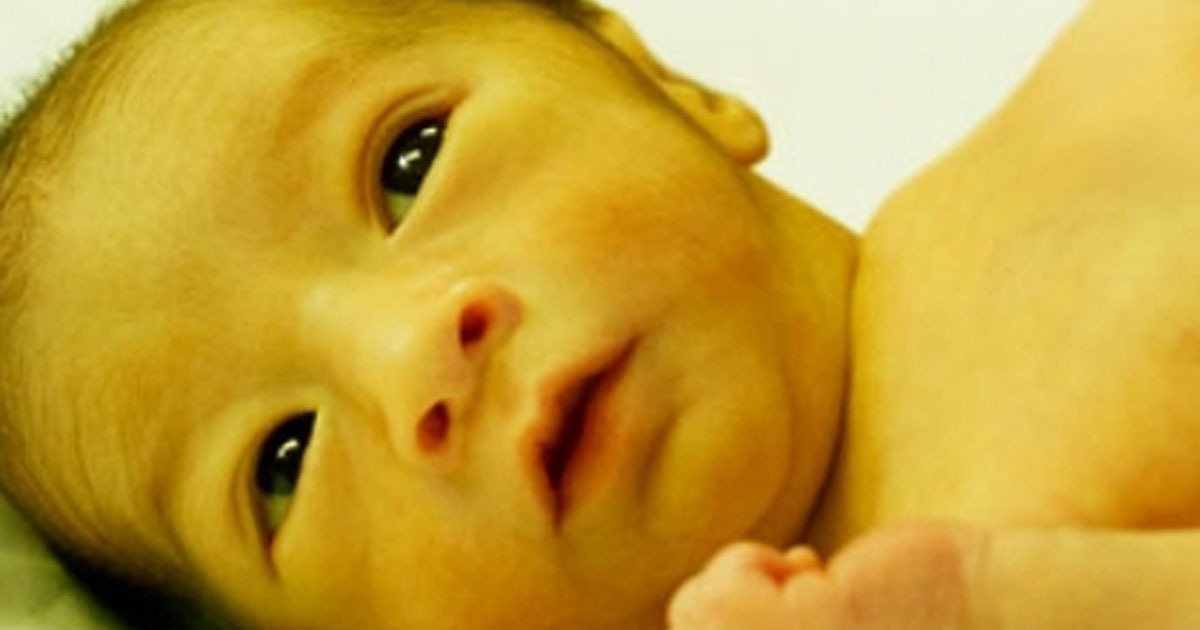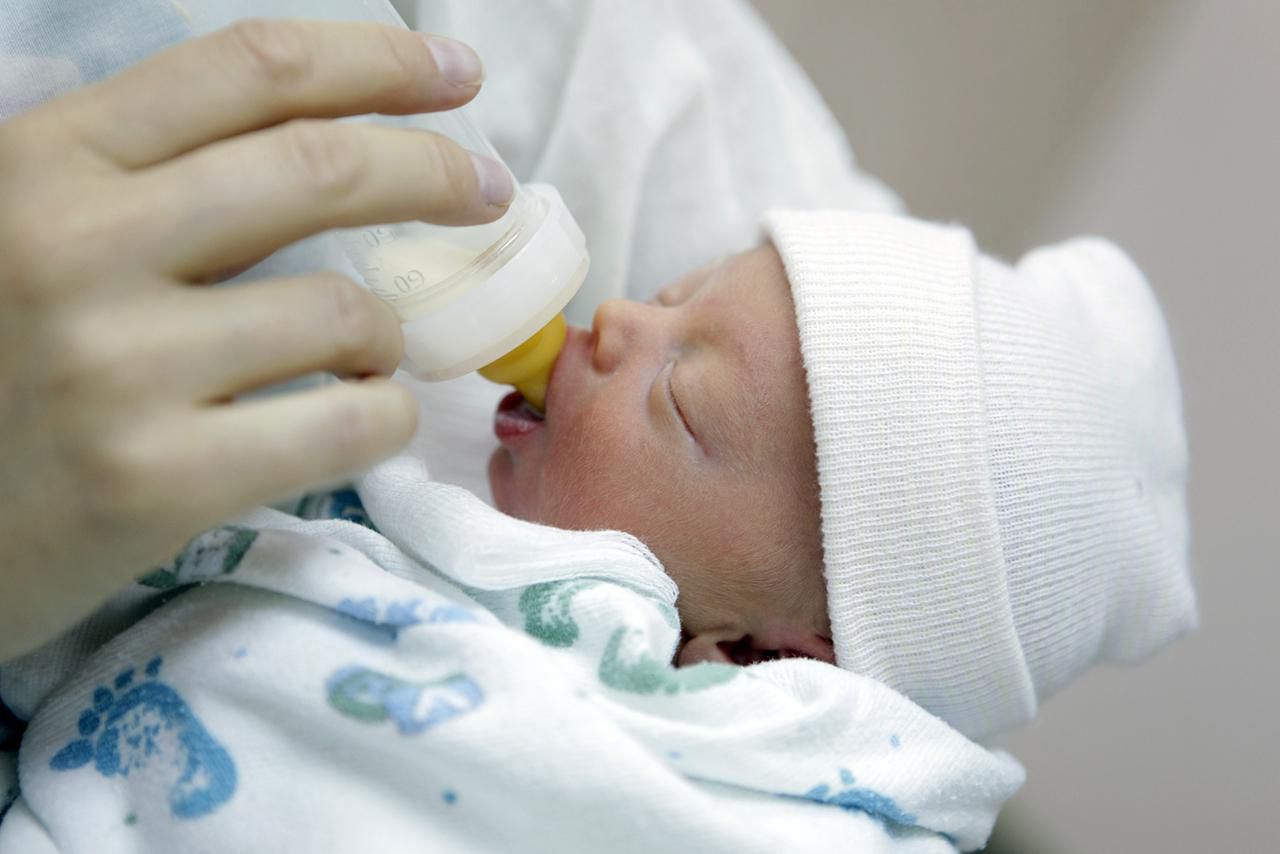Effective Methods to Manage Newborn Baby Jaundice
To effectively manage newborn jaundice, prioritize early detection and monitoring of bilirubin levels. Keep in mind that frequent feedings aid in eliminating excess bilirubin, promoting your baby’s health. Utilize natural sunlight exposure and consider phototherapy under medical guidance. Monitor bilirubin levels closely to track progress. Seek prompt medical advice and provide supportive care at home, focusing on hydration and gentle sunlight exposure. These methods can support your baby’s recovery and prevent complications. Be proactive in your baby’s care for the best outcomes.
Key Takeaways
- Regular monitoring of bilirubin levels guides treatment.
- Implement frequent feedings to eliminate excess bilirubin.
- Consider natural sunlight exposure for jaundice management.
- Seek prompt medical advice for high bilirubin levels.
- Supportive care at home aids in newborn jaundice management.
Understanding Newborn Jaundice

If your newborn baby’s skin appears yellow, it could be a sign of jaundice, a common condition caused by the buildup of bilirubin in the blood. Bilirubin is a yellow pigment produced during the breakdown of red blood cells.
In newborns, jaundice is often a result of the liver still developing, which impacts bilirubin metabolism. The neonatal liver isn’t as efficient at processing bilirubin compared to adults, leading to an accumulation of this pigment and the yellowing of the skin and eyes.
Understanding bilirubin metabolism and neonatal liver development is essential in comprehending why jaundice occurs in newborns. The liver plays an important role in processing bilirubin, but in the early days of life, this process may not function at its best, resulting in jaundice.
While mild jaundice is common in newborns and typically resolves on its own, severe cases may require medical intervention to prevent complications.
Being aware of these factors can help you better understand why jaundice occurs in newborns and when to seek medical advice for proper management.
Importance of Early Detection

Recognizing jaundice in your newborn early on is vital for their well-being. Monitoring bilirubin levels helps prevent complications and guarantees appropriate treatment if needed.
Early detection can make a significant difference in managing newborn jaundice effectively.
Timely Jaundice Recognition
Early detection of jaundice in newborn babies is essential for prompt intervention and management. Parental education plays a critical role in recognizing the signs of jaundice early on. Healthcare support is necessary in guiding parents on what to look for and when to seek medical assistance.
Jaundice occurs due to elevated bilirubin levels in the blood, leading to a yellowish discoloration of the skin and eyes. If left untreated, high bilirubin levels can cause serious complications. Treatment options for jaundice in newborns may include phototherapy or, in severe cases, exchange transfusion.
It’s important to monitor your baby closely in the first few days after birth for any signs of jaundice. If you notice yellowing of the skin or eyes, contact your healthcare provider immediately for evaluation. Early recognition and prompt intervention can help prevent complications and ensure your baby receives the necessary care to recover fully.
Monitoring Bilirubin Levels
Monitoring your newborn’s bilirubin levels is essential for early detection of jaundice and timely intervention to prevent complications. Bilirubin monitoring is an important aspect of jaundice management as it helps healthcare providers assess the severity of jaundice and determine the appropriate course of action.
High levels of bilirubin in the blood can lead to serious complications if not addressed promptly.
Regular monitoring of bilirubin levels allows healthcare professionals to track the progression of jaundice and make informed decisions regarding treatment. By keeping a close eye on your baby’s bilirubin levels, healthcare providers can intervene early if levels rise significantly, reducing the risk of complications such as kernicterus, a rare but serious type of brain damage caused by severe jaundice.
Early detection through bilirubin monitoring is key to effectively managing newborn baby jaundice. It enables healthcare providers to implement timely interventions, such as phototherapy or exchange transfusion, to lower bilirubin levels and prevent adverse outcomes.
Promoting Frequent Feedings

To manage newborn baby jaundice effectively, promoting frequent feedings is essential. By sticking to a consistent feeding schedule, you can help your baby receive the nourishment needed to aid in the elimination of excess bilirubin.
Additionally, breastfeeding not only provides essential nutrients but also encourages frequent feedings, which can help reduce jaundice levels.
Feeding Schedule Importance
Ensuring your newborn baby receives frequent feedings is essential in managing jaundice effectively. Establishing a feeding routine that includes regular intervals throughout the day is vital for your baby’s health. Frequent feedings help prevent dehydration and aid in flushing out bilirubin, the substance that causes jaundice.
Remember, each baby is unique, and their growth patterns may vary. By promoting frequent feedings, you aren’t only providing essential nutrients for your baby’s growth but also assisting in the elimination of excess bilirubin from their system.
It’s important to feed your baby whenever they show hunger cues, such as rooting or sucking on their hands. Offer the breast or bottle frequently, aiming for at least 8-12 feedings a day. This regular feeding schedule helps keep your baby well-hydrated and supports their liver function in processing bilirubin effectively.
Monitoring your baby’s growth patterns alongside their feeding routine can give you valuable insights into their overall health and development. Remember, frequent feedings play a key role in managing newborn jaundice and promoting your baby’s well-being.
Breastfeeding Benefits
Promoting frequent feedings through breastfeeding is crucial for managing newborn jaundice effectively and supporting your baby’s overall health. Breastfeeding provides numerous benefits that aid in the treatment of jaundice while fostering a strong bond between you and your little one.
Seek guidance from a lactation consultant or breastfeeding support group to make sure you’re utilizing the most effective nursing positions and helping your baby achieve a proper latch.
Frequent feedings help increase your baby’s milk intake, aiding in the elimination of excess bilirubin, the pigment causing jaundice. By feeding your baby often, you’re promoting hydration and assisting their digestive system in processing bilirubin efficiently.
Additionally, breastfeeding supports the development of your baby’s immune system, providing them with essential nutrients and antibodies.
Utilizing Natural Sunlight Exposure

You can harness the natural healing power of sunlight to help manage newborn baby jaundice effectively. Sunlight therapy is a simple and natural treatment that can aid in reducing bilirubin levels in your baby’s blood.
Exposing your baby to gentle sunlight for short periods can help break down excess bilirubin, improving their jaundice.
When utilizing sunlight therapy, it’s crucial to make certain that your baby is only exposed to indirect sunlight during the early morning or late afternoon when the sun isn’t too harsh. Place your baby in a well-lit room near a window but ensure they aren’t in direct sunlight to prevent sunburn.
Natural sunlight exposure can be a complimentary method to other treatments recommended by your healthcare provider. Remember to consult with your pediatrician before starting sunlight therapy to confirm it’s appropriate for your baby’s specific situation.
Monitoring Bilirubin Levels Closely
To effectively manage newborn baby jaundice, closely monitoring bilirubin levels is essential in tracking the progress of treatment and guaranteeing the well-being of your little one.
Bilirubin management plays a vital role in addressing jaundice in infants. Regularly checking your baby’s bilirubin levels allows healthcare providers to assess the severity of jaundice and determine the appropriate course of action.
Newborn health monitoring involves conducting blood tests to measure bilirubin levels accurately. These tests help in identifying whether the jaundice is physiological or requires medical intervention.
By closely monitoring bilirubin levels, caregivers can ensure timely interventions if levels rise too high, reducing the risk of complications associated with severe jaundice.
Considering Phototherapy Treatment
When evaluating treatment options for managing newborn baby jaundice, considering phototherapy as a potential intervention can be crucial in addressing elevated bilirubin levels effectively.
Phototherapy benefits infants by helping to break down excess bilirubin in their blood, which is often the cause of jaundice. This treatment involves placing the baby under special lights that help convert the bilirubin into a form that can be easily excreted from the body.
Phototherapy is a common and safe method used to manage jaundice in newborns, with many hospitals equipped to provide this treatment if needed.
Seeking Medical Advice Promptly

If your newborn baby is displaying signs of jaundice, it’s important to seek medical advice promptly to guarantee proper evaluation and management of their condition.
Jaundice can sometimes indicate underlying health issues, so it’s vital to schedule routine checkups with your pediatrician to monitor your baby’s bilirubin levels.
Certain factors like premature birth, blood type incompatibility between mother and baby, or a family history of jaundice can increase jaundice risks in newborns.
Medical intervention may be necessary if jaundice levels are too high or if your baby is showing symptoms like poor feeding, excessive sleepiness, or unusual fussiness.
Parents shouldn’t hesitate to voice their concerns and seek professional guidance. Remember, timely medical advice can prevent complications and ensure your baby receives the appropriate care.
Trust your instincts and prioritize your baby’s health by reaching out to healthcare providers whenever you have concerns about jaundice.
Providing Supportive Care at Home

Supporting your newborn at home during jaundice involves creating a nurturing environment that aids their recovery and comfort. When it comes to skin care, make sure your baby receives plenty of gentle natural light by placing them near a window. This helps break down the bilirubin causing the jaundice.
Keep your baby well-hydrated by breastfeeding frequently, as this can help flush out the excess bilirubin. If your baby needs phototherapy at home, follow your healthcare provider‘s instructions carefully.
Parental support is vital during this time. Comfort and cuddle your baby often to provide reassurance and promote bonding. Stay in close contact with your healthcare provider to monitor your baby’s progress and address any concerns promptly.
Remember to take care of yourself too, as parental well-being is essential for providing the best care for your newborn. By offering love, attention, and following medical advice, you can help your baby through this challenging time with jaundice.
Frequently Asked Questions
Can Jaundice in Newborns Affect Their Long-Term Health?
Jaundice in newborns can have long-term consequences if left untreated. Early intervention is essential to prevent severe jaundice from impacting their development. Monitoring and proper treatment can help safeguard your baby’s health.
Are There Any Alternative Therapies for Managing Jaundice?
If you’re exploring alternative therapies for jaundice, herbal remedies and light therapy are options worth exploring. Herbal remedies like dandelion root and light therapy with phototherapy can help manage newborn jaundice effectively.
How Can I Prevent Jaundice in Future Pregnancies?
To prevent jaundice in future pregnancies, focus on preventive measures like maintaining a healthy diet, attending regular prenatal check-ups, and discussing any family history of jaundice with your healthcare provider. Stay informed and proactive for a healthy pregnancy.
Is It Safe to Use Home Remedies to Treat Jaundice?
Using natural remedies for jaundice can be tempting, but always consult a healthcare provider first. Medical intervention guarantees proper treatment and monitoring. Your baby’s health is essential, so trust professional guidance for safety.
Can Jaundice in Newborns Lead to Other Complications?
Jaundice complications in newborns can lead to other health risks if left untreated. It’s essential to monitor your baby’s condition closely and seek medical advice promptly to safeguard their well-being and prevent potential complications.
Conclusion
To sum up, managing newborn baby jaundice requires early detection, frequent feedings, natural sunlight exposure, close monitoring of bilirubin levels, and prompt medical advice when needed.
Remember to provide supportive care at home to help your little one through this common condition.
With the right approach and support, newborn jaundice can be effectively managed, ensuring your baby’s health and well-being.
Stay informed, stay proactive, and always seek help from healthcare professionals when in doubt.
You’ve got this!

Chad Adan Kace, a young dad from Vermont, shares his parenting journey with a touch of humor and lots of love. Father to a lively baby, he explores the joys and challenges of fatherhood through his stories.







